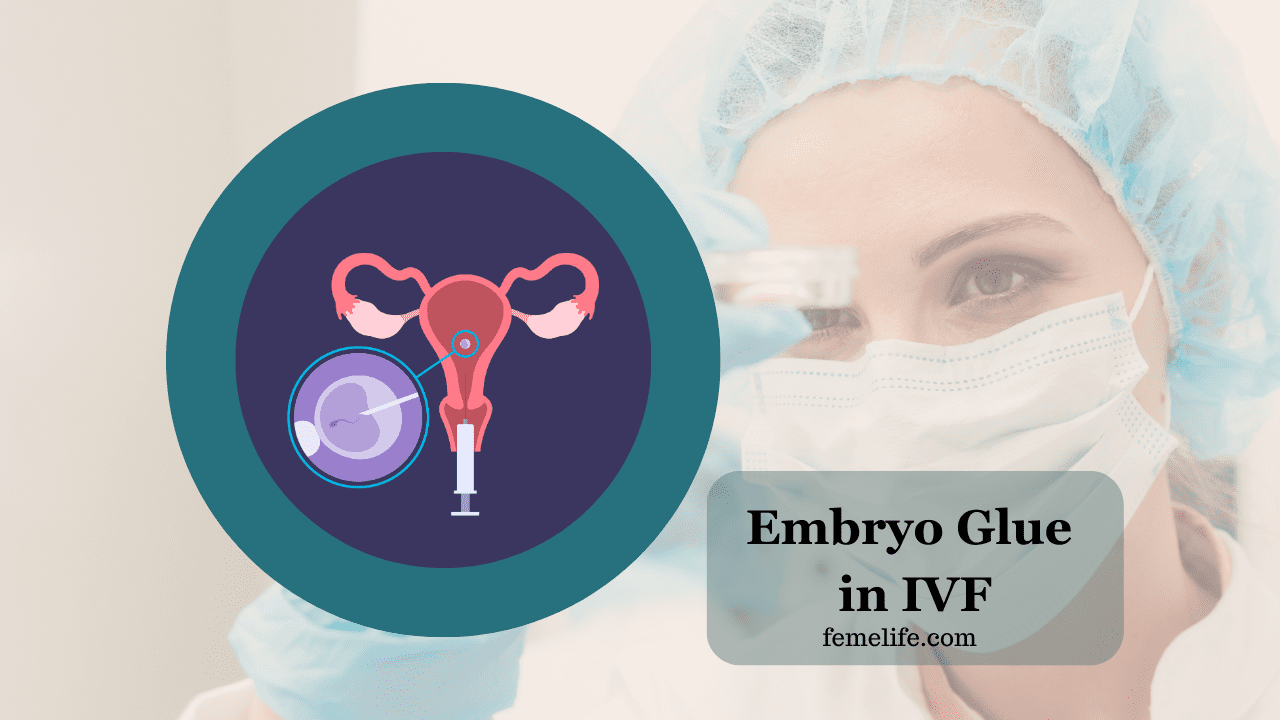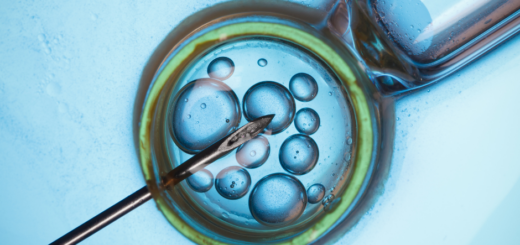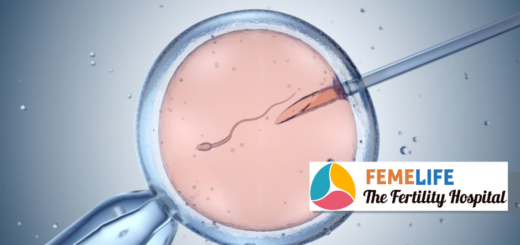Embryo Glue In Embryo Transfer

Embryo Glue In IVF
Embryo Glue is literary not a glue but works as an adhesive. Made from a substance hyaluronan it helps the embryo more to adhere to the lining of the womb. Implantation of the embryo is not a simple process of sticking to the endometrium. In fact, it is the most complicated part of IVF procedure. Here, the embryo rolls on the endometrium to find a suitable place. Subsequently, it attaches to the endometrium and hatches to bury inside the lining.
Embryo glue is a type of carbohydrate called hyaluronan present everywhere in the body. It’s rich in the nutrients required for your embryo to grow. These nutrients are the carbohydrates, amino acids and protein in the right proportion. In addition, embryo glue reduces the movement of embryos to facilitate implantation in one place.
If your doctor decides to use embryo glue in your treatment, she will replace the standard culture medium. Instead she will use this special medium with glue for embryo transfer following ICSI or IVF. The embryo(s) selected for transfer are kept in this medium for culture for a short time up to the point of embryo transfer. The embryo transfer procedure remains the same, although the embryo is transferred in embryo glue.
How does glue help in implantation?
Among the few advantages of the embryo glue the most important is nourishment of the embryo. It enhances the adhesion molecules on the embryo to select the proper place for implantation. In addition it restricts the unnecessary movements inside the uterine cavity. Although its effects are yet to be confirmed in studies, it creates hope for patients with repeated implantation failure.
Does it really work?
Boosts implantation: Successful implantation needs bonding between maternal uterine lining and the embryo. Embryo glue containing media helps in this interaction positively.
May enhance twin pregnancy chances: Due to increased chances of adhesion it may increase the twin pregnancy rate in IVF. Conceiving multiple pregnancies may be a risky phenomenon. But for many it is a delight to welcome twins.
Assisted hatching support: This liquid when combined with laser hatching of your blastocyst may really work for a successful pregnancy.
Together, they help the embryo to break free and implant successfully.
Reducing ectopic pregnancy: Theoretically, embryo glue may prevent ectopic pregnancy as it restricts the movement of embryo. The chances of ectopic pregnancy in IVF may bring a nightmare to the patient and doctor.
Using with Endometrial scratch : Patients suffering from repeated implantation failure want to try every possibility in their next transfer. In such cases, the specialist may advise endometrial scratching. When combined with the glue this may bring the magic moment for the desperate couple. The scratch might improve endometrial receptivity, and enhance pregnancy rate in synchrony with glue.
Embryo Glue: The Key to Successful IVF
Although the glue has not proved to bring any significant difference in pregnancy rate, it may help in healthy clinical pregnancy. This transfer medium improves your chances of pregnancy by enhancing embryo implantation.
What is the glue that makes embryos stick?
Hyaluronate (HA) is a naturally occurring substance used as an additive to the liquid solution in which embryos are transferred into the womb. This is used as embryo glue in IVF cycle embryo transfer. Some studies show that adding HA to this transfer medium improves live birth rates. Due to its high concentration of hyaluronan it helps the embryo attach to endometrium. Its levels increase during implantation inside the uterine cavity. Subsequently, it helps in the successful attachment of the embryo to the uterine wall.
Before embryo transfer
Preparation for embryo transfer requires transfer of the embryo into this special medium. The embryo is immersed into the medium for 10 to 15 mins before transfer. Higher concentration of hyaluronic acid helps the embryo for implantation.
The Safety of Embryo Glue
The type of commercially available embryo culture medium used in IVF treatment has some restrictions in success. IVF success is not guaranteed using these available media. Hence IVF specialists continuously search for a better environment to improve the success of embryo implantation.
As these media undergo stringent therapeutic check before commercial use, there are no known risks linked. But, as with any medical treatment, you should discuss in detail for the best possible results.
What is the success rate of embryo glue?
As per a few studies both fresh as well as frozen embryo transfers can benefit from embryo glue. In addition it is relatively affordable and can increase the live birth rate from 33% to 40%.
Do I have to pay extra for it?
Every disposable and IVF culture medium is costly. In addition to your regular cost it can add an extra 10000 to 12000 depending on the number of embryos and the protocol followed in the laboratory.
Is Embryo Glue effective in all cases?
The effectiveness of this liquid depends on other factors such as embryo quality and endometrium thickness. We can expect improved live birth rates in many situations. The amount of time the embryo spends in the Embryo Glue has also to be taken into consideration.




















